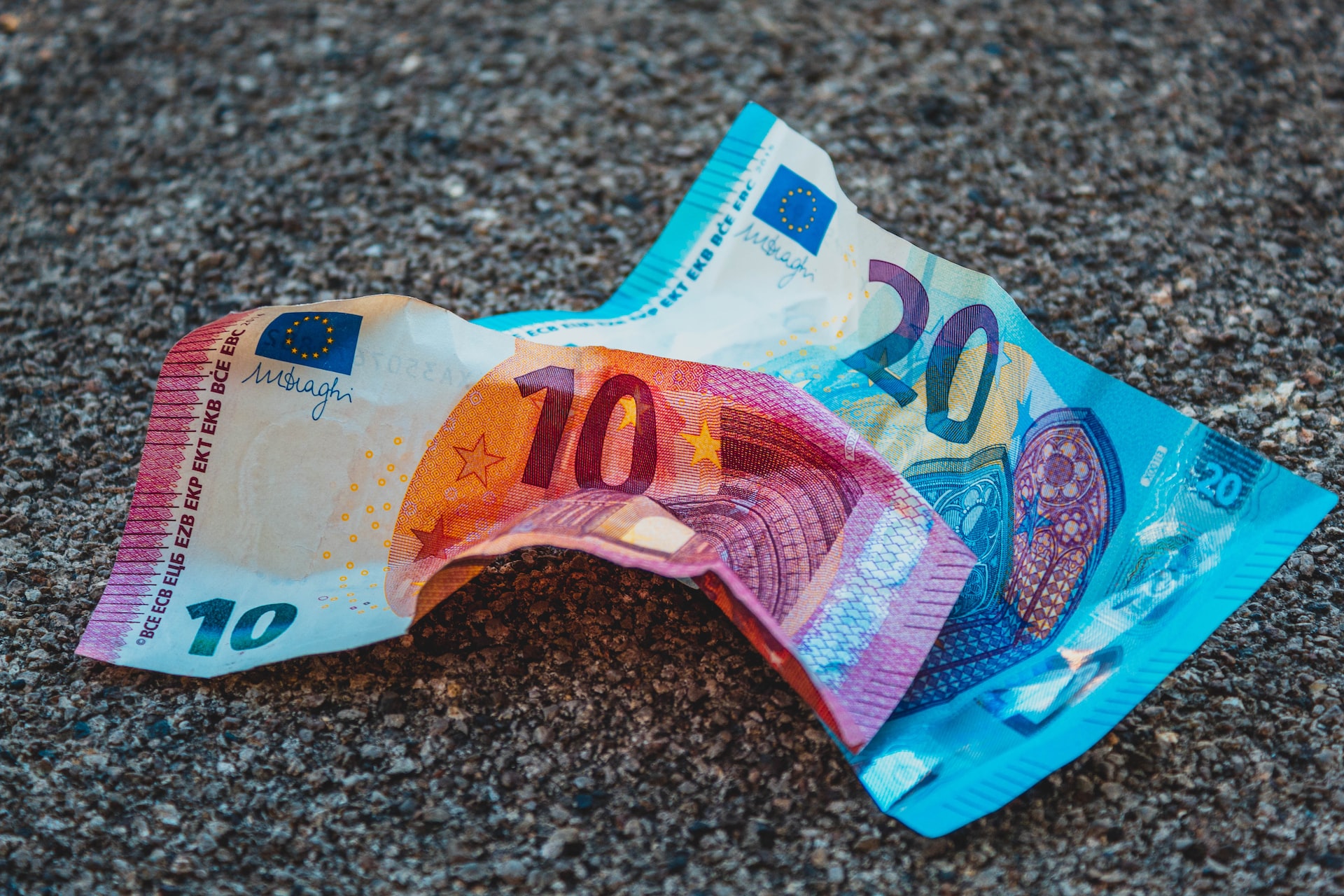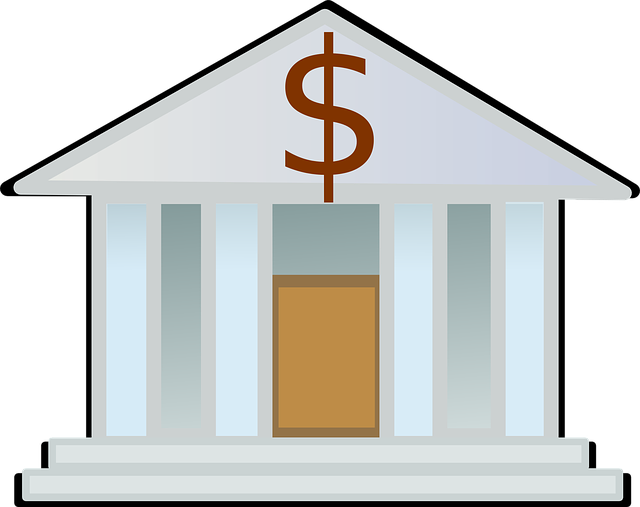The Effects of Inflation on Politics
- Dunstan Andre
- 0 comment
- October 7, 2022

There was a time when the political left saw itself as a lobby of the little people. If the material interests of low-income earners, small pensioners, or social benefit recipients were threatened, trade unionists and social democrats, greens, and leftists felt called upon to intervene. Some of them called it “class consciousness.”
It is all the more strange how loosely the self-proclaimed camp of progress deals with one of the greatest dangers currently facing the financial situation of the lower classes (who would really need apps to manage their finances well): inflation. The fears of this were “unfounded,” said former SPD leader Norbert Walter-Borjans when he was still in office. His people have “no catching up to do” on this issue, adds IG Metall boss Jörg Hofmann in a recent SPIEGEL interview. And the Duisburg economist Achim Truger, who sits on the Council of Economic Experts for the trade unions, also gives the all-clear. Although “the higher inflation will last longer than originally expected,” he admits. But “reason for concern” he sees “therefore not”. Devaluation of money – for leftists this is obviously not an urgent problem – and certainly not a social issue.
Better one percent negative interest rate than one percent negative growth.
Instead, they enthusiastically support the cheap money policy of Western central banks, although their unpleasant distribution consequences have long been obvious. While the balances of small savers are devalued by low and negative interest rates, the rich benefit from the hunt for higher-yielding investments, which is associated with the so-called unconventional monetary policy. The top floor cheers the stock market boom and real estate boom. Broad layers, on the other hand, can no longer even afford to buy a condominium.
The fact that loose monetary policy promotes social imbalances was seen by the political left as an inevitable side effect in the fight against economic weakness and deflation. Rather than one percent negative interest rate, so was the motto, than one percent minus growth.
But in the meantime, there is no longer any talk of economic dangers. The rise in wealth has turned into inflation of consumer prices, and even ardent advocates of money-flooding policies admit that the economic threat situation has changed fundamentally. With up to seven percent in the US and five percent in the eurozone, inflation has reached a level that noticeably reduces the standard of living of broad strata.
In Germany alone, inflation cost citizens around 80 billion euros last year, according to Allianz Insurance; and it is not unlikely that the loss will reach a three-digit billion this year.
A creeping erosion of prosperity has set in, which is all the more corrosive because it is far more noticeable at the lower levels of the income scale than at the upper ones. While the rich can at least partially escape inflation by buying stocks or real estate, the poorer classes are feeling the effects of current inflation with full force. Energy, food, rents: the prices of goods that account for a larger share of the household budget for low-income earners than for the wealthy are currently rising particularly rapidly. “Inflation,” as former CDU Labor Minister Norbert Blüm called it, “is theft of the little man.”
ALSO READ: Decentralized Finance Regulation: What are the Risks and Opportunities?
For Minister Özdemir, the rise in food prices cannot be high enough
A finding that is anything but new, but not particularly popular with those responsible in Frankfurt am Main and Berlin. The leaders of the European Central Bank have recently been talking a lot about climate protection and sustainability, but hardly about the social consequences of devaluation. And the traffic light coalition is celebrating a minimum wage increase, of which not much will remain after deducting the inflation rate. Anyone who listens to leading politicians of the three governing parties these days does not exactly get the impression that they would worry too much about the victims of the current wave of inflation.
Higher food prices? For Agriculture Minister Cem Özdemir, the increase can hardly be high enough, as he emphasizes in his interviews. The per capita reimbursement of CO2 prices to citizens? It is in the program of the FDP and the Greens, but not in the coalition agreement. The inclusion of inflation in the tax rate? Was a perennial favorite of the FDP – as long as it did not provide the finance minister. Incidentally, the traffic light politicians let it be known, they are not responsible for the topic. Inflation and monetary policy are a matter for the European Central Bank (ECB).
Its boss Christine Lagarde, on the other hand, systematically minimizes the problem. It still speaks of a temporary phenomenon, although its own people are again predicting a devaluation of money for the current year that exceeds the target value. Many economists are convinced that the energy transition and labor shortages will lead to prolonged price pressure. And in countries such as the USA, Great Britain, or New Zealand, central banks have long since turned the tide.




